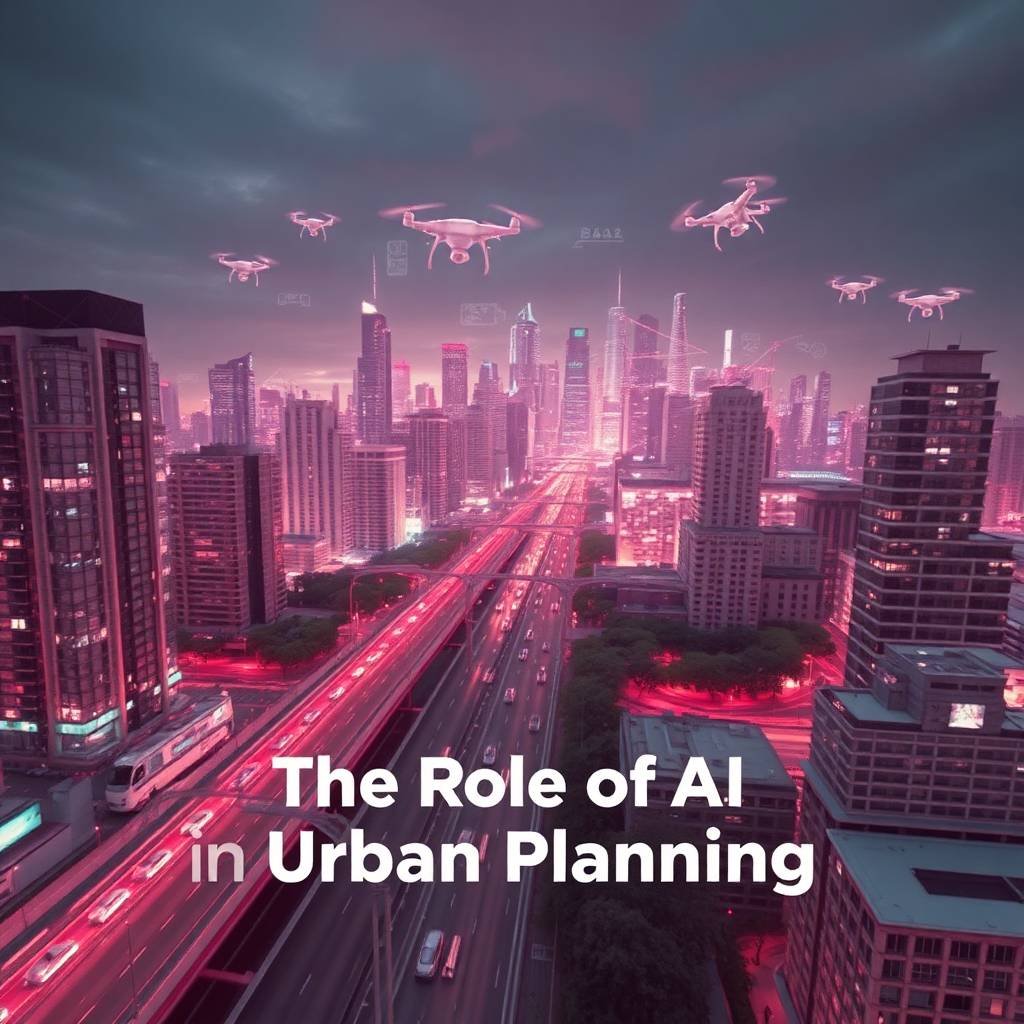Introduction
In the face of rapid urbanization and the growing demands for sustainable development, cities worldwide are seeking innovative solutions to manage their growth effectively. Urban planning, once reliant on manual processes and static data, is being revolutionized by the power of Artificial Intelligence (AI). By harnessing vast amounts of data and sophisticated algorithms, AI is enabling cities to become smarter, more efficient, and more resilient.
Understanding AI in Urban Planning
What is AI?
Artificial Intelligence (AI) refers to the use of advanced algorithms that enable machines to perform tasks traditionally requiring human intelligence. In urban planning, AI processes extensive datasets to generate insights, optimize planning strategies, and enhance decision-making processes.
Key AI Technologies in Urban Planning
- Machine Learning: Machine learning algorithms analyze data patterns to forecast urban growth, traffic dynamics, and resource demands, helping planners make informed decisions.
- Geospatial Analysis: AI leverages geographic data to assist in land use planning, zoning, and environmental management, ensuring sustainable urban development.
- Simulation and Modeling: AI-driven simulation tools allow urban planners to visualize and predict the impact of various development scenarios, aiding in strategic planning and risk assessment.
Applications of AI in Urban Planning
Smart Infrastructure Development
AI aids in the design and management of smart infrastructure, such as intelligent transportation systems and energy-efficient buildings. By analyzing data from sensors and various sources, AI helps optimize resource allocation and improve infrastructure performance.
Traffic Management and Transportation
AI is instrumental in modeling and predicting traffic patterns, enabling cities to implement adaptive traffic control systems. These systems reduce congestion, enhance public transportation efficiency, and improve overall urban mobility.
Environmental Sustainability
AI supports sustainable urban planning by analyzing environmental data to identify pollution sources and optimize waste management. This aids in creating green spaces and promoting environmentally friendly practices, contributing to healthier urban environments.
Public Safety and Emergency Response
AI enhances public safety by predicting crime hotspots and optimizing emergency response strategies. By analyzing data from different sources, AI helps cities deploy resources more effectively, improving public safety outcomes.
Benefits of AI in Urban Planning
Data-Driven Decision Making
AI enables urban planners to make informed decisions based on comprehensive data analysis. This leads to more effective and efficient urban development strategies that can adapt to the changing needs of cities.
Improved Efficiency and Cost Savings
By automating routine tasks and optimizing resource allocation, AI reduces operational costs and enhances the efficiency of urban planning processes. This allows for better use of city resources and quicker implementation of plans.
Enhanced Citizen Engagement
AI facilitates better communication with citizens through interactive platforms and personalized services. This increases public participation in urban development, ensuring that the needs and preferences of residents are taken into account in planning decisions.
Conclusion
AI is playing a pivotal role in transforming urban planning, offering innovative solutions to the complex challenges modern cities face. As AI technology continues to advance, its applications in urban planning will expand, driving smarter, more sustainable urban development. By addressing challenges such as data privacy, equity, and integration, cities can fully harness AI’s potential to create urban environments that are more livable, efficient, and resilient. The future of urban planning is bright, and AI is set to lead the way in building cities that meet the needs of the present and future generations.

